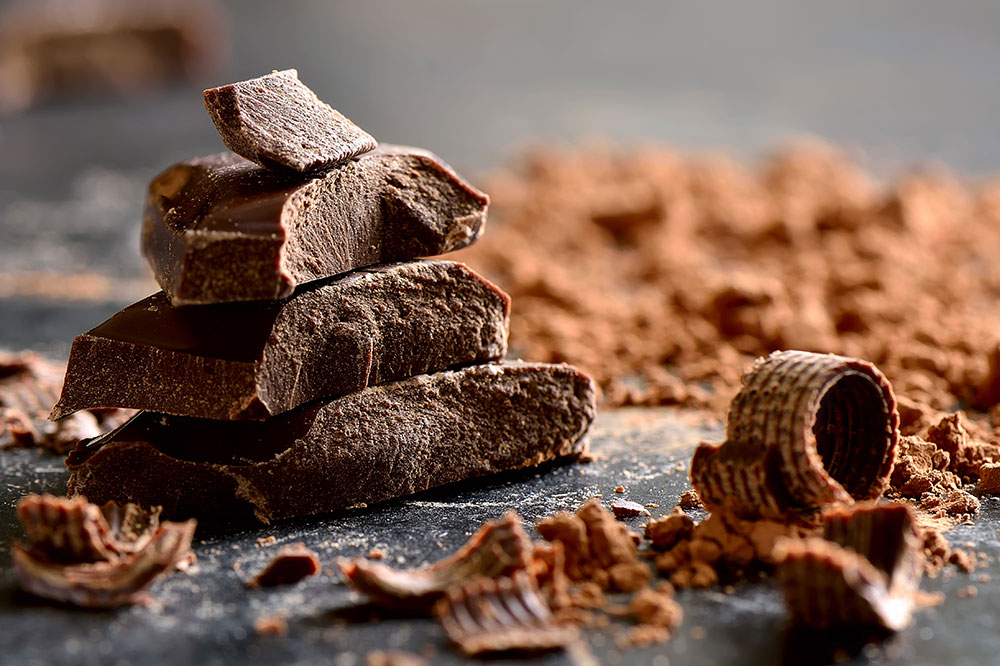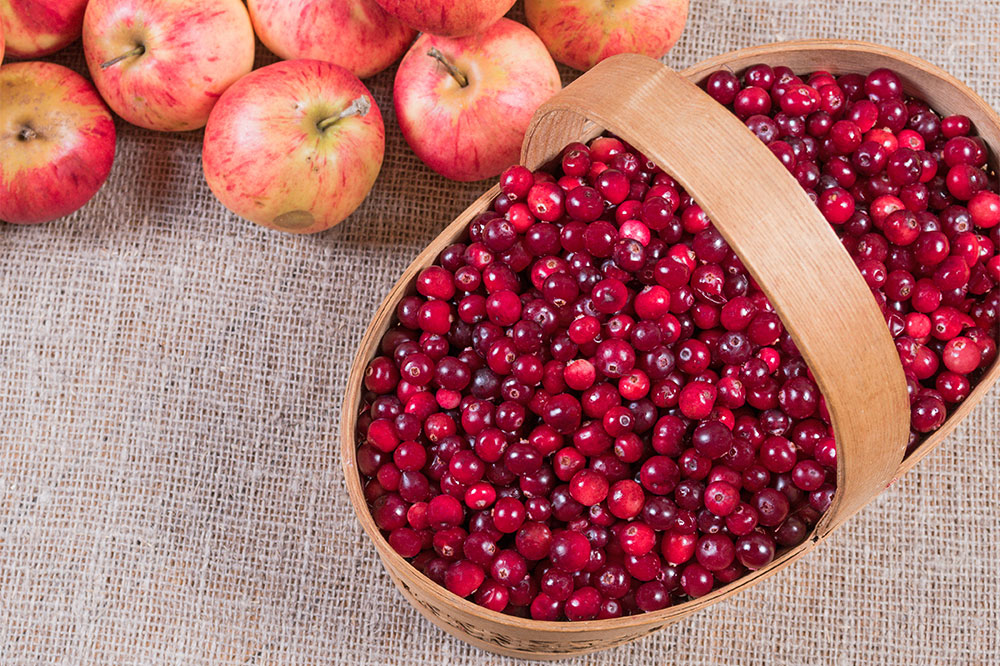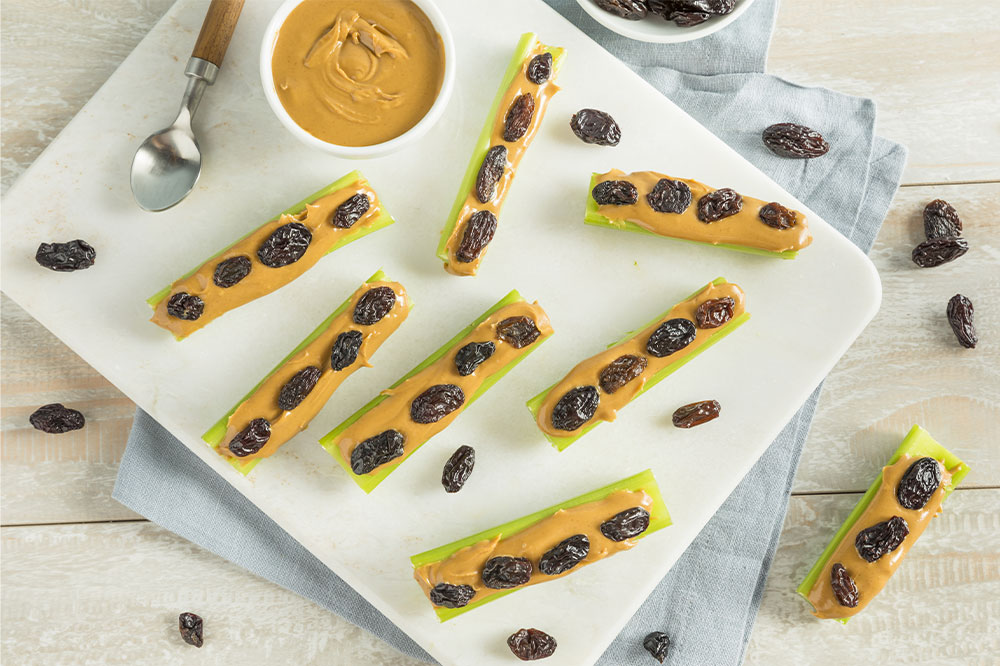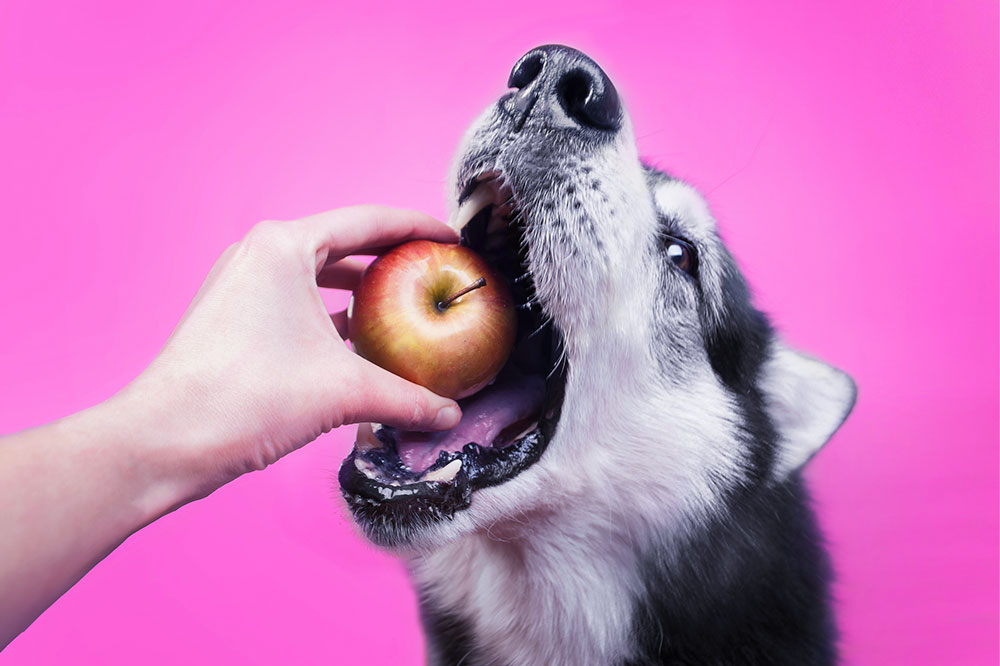
8 human foods that are harmful for dogs
Pets go on to become a vital part of one’s life. And as responsible pet parents, it is also essential that one dawns the strict parent mask and learn to say no to sharing food off of our plate. Sometimes one can go on to share a bite or two from their plates. However, certain human foods can be extremely harmful to dogs. Therefore, it is important to check the food items that are given to them.
Chocolate
A sweet temptation turned toxic. Chocolate is a heavenly indulgence for humans but a dangerous poison for dogs. This delectable treat contains theobromine, a stimulant that is usually considered a healthy outcome from this indulgence. However, as dogs metabolize theobromine differently and more slowly than humans, its presence for prolonged periods in excessive quantity can cause toxicity. This can result in symptoms like vomiting, diarrhea, rapid breathing, elevated heart rate, seizures, and even death.
It’s important to note that the darker chocolate, the higher the levels of theobromine it contains. So, keep those chocolate bars, cocoa powder, and even chocolate-flavored desserts securely out of your pet’s reach.
Onions and garlic
Onions and garlic are crucial to add a burst of flavor to our culinary creations. However, they pose serious health risks to our dogs. Both onions and garlic contain compounds called thiosulphates that possess the ability to damage a dog’s red blood cells causing hemolytic anemia. Symptoms associated with this condition may include weakness, pale gums, and rapid breathing.
Whether cooked, raw or in powdered form, onions and garlic should be strictly off-limits for any size or breed of dog. Be cautious of foods that often contain these ingredients, such as onion soup mix, garlic powder, or dishes seasoned with generous flavor enhancers.
Grapes and raisins
These seemingly harmless fruits pack a hidden punch for dogs’ health. While it is not yet known what or why grapes and raisins are toxic, they have been linked to kidney failure in dogs. Even a small amount of these foods can have adverse consequences, including vomiting, lethargy, decreased appetite, and excessive thirst.
It’s essential to be vigilant and keep these tiny treats far away from your furry companion’s reach. Remember to check ingredient lists carefully, as these fruits can often find their way into cookies, trail mixes, and other baked goods, causing big trouble.
Xylitol-rich products
Xylitol is a commonly used artificial sweetener to replace sugar and its calories in various sugar-free products. Its intake by dogs poses a grave danger to their health. Xylitol has widespread usage and can be found in products such as chewing gum, candies, baked goods, and even some toothpaste. This artificial sweetener can cause a rapid release of insulin in dogs, resulting in a dangerous drop in blood sugar levels. Symptoms of xylitol intake can range from vomiting, loss of coordination, and seizures to liver failure.
Always read labels diligently and ensure that any products containing this silent saboteur are stored securely away from your pup’s curious snout. Remember that even small amounts can be toxic, so it’s best to avoid sharing any sugar-free treats with your furry friends.
Avocado
While avocado has gained popularity for its health benefits among humans, it’s important to remember that it can be harmful to your canine companions. Like many other foods on the list, the presence of toxins in this fruit trumps the potential health benefits it might possess for dogs. Additionally, the large pit poses a choking hazard and can obstruct the digestive tract if ingested.
To keep your pup safe, avoid sharing avocado slices or guacamole with them, as it can lead to stomach upset and breathing difficulties. If you have avocado trees in your backyard, be vigilant and ensure that fallen fruits are promptly removed to prevent accidental ingestion.
Caffeine
If anything, caffeine is an absolute no-no for dogs. Since it is a stimulant, caffeine can lead to an elevated heart rate, restlessness, tremors, vomiting, and even seizures in dogs. In severe cases, it can be fatal.
Make sure that your dog is kept at a safe distance from any source of caffeine at all times of the day. Be cautious when disposing of coffee grounds or tea bags, as dogs may be tempted to explore the trash for a sneaky taste.
Macadamia nuts
As tasty as macadamia nuts seem to us and our dogs, they aren’t necessarily a great treat for our furry companions. Macadamia nuts may be a tasty treat for us, Although the exact mechanism or compound that makes macadamia nuts toxic for dogs is not known, its intake can result in symptoms like tremors, weakness, vomiting, and an increased body temperature.
In most cases, the effects are temporary, it’s essential to seek veterinary attention if your dog has ingested macadamia nuts. Be cautious with cookies, baked goods, or candies containing the ingredient.
Dairy products
While many dogs enjoy the taste of dairy products, it’s important to proceed with caution. Most dogs lack the necessary enzymes to break down lactose, leading to digestive issues such as gas, diarrhea, or upset stomach. Think of it as a similar situation to lactose intolerant humans. This sensitivity can vary among individual dogs, with some being more tolerant than others. However, it’s best to avoid feeding your dog large amounts of dairy products like milk, cheese, or ice cream. If you notice any adverse reactions after your dog consumes dairy, it’s advisable to consult your veterinarian for guidance.
By being aware of the potential dangers lurking in human foods and avoiding these harmful items, we can safeguard our furry friends’ well-being and keep them healthy for years to come.




